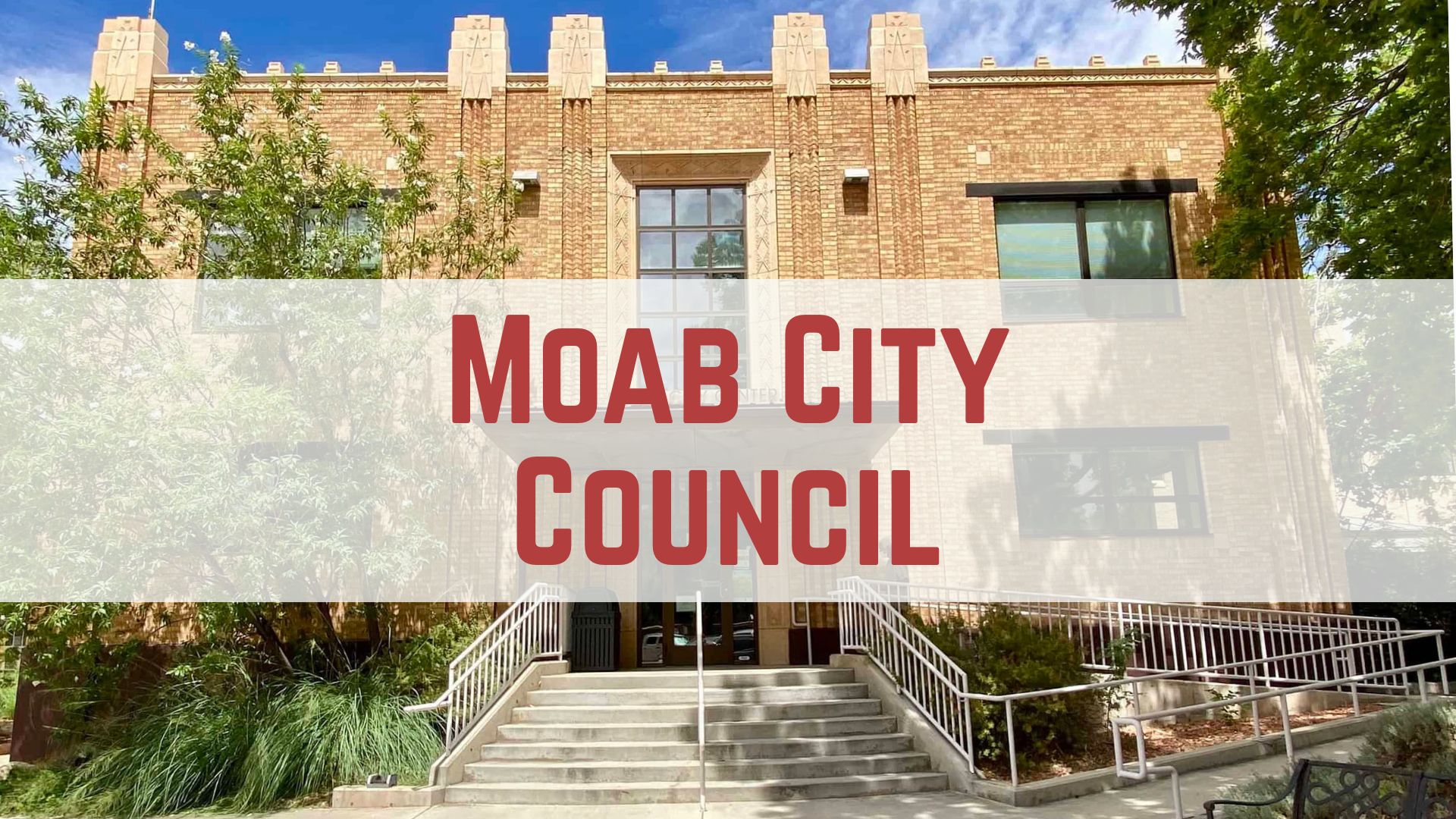Some information may be outdated.
Under the Utah State Government Records Access and Management Act, referred to by the acronym GRAMA, that charge should only have happened once, or even not at all.
Passed in 1991, the act “provides every person the right to request records from any governmental entity in Utah” including budget documents, meeting minutes, correspondence of public officials and police reports, according to the Utah Division of Archives and Records Service.
Agencies are permitted to charge those requesting documents a fee, but that fee “may not exceed the salary of the lowest paid employee who, in the discretion of the custodian of records, has the necessary skill and training to perform the request,” according to Utah Code 63G-2-203 (2)(b). Once that record has been prepared and paid for, it should be free for future requests. Utah law also encourages departments to release records for free to media outlets for news stories.
Moab City Communications and Engagement Manager Lisa Church said she doesn’t know “exactly what the thinking was” in charging the fees—both Bret Edge, police chief, and Kelli Day, office manager at the police department, are out on leave and can’t be reached for comment.
“Normally, we try to provide GRAMA documents, especially to the media, free of charge,” Church said. She said that Moab is returning all the charges that were made in error and noted that further body cam footage in the Petito case was released to news organizations with no charges. The fees will be refunded starting this week, Church said.
Eric Peterson, executive director of the Utah Investigative Journalism Project, stressed the importance of honoring GRAMA requests in ensuring government transparency. If taxpayer dollars touch a document, he said, any member of the public should be allowed to request to view it.
“People should know what their rights are,” he said. “It’s our information, it’s about us.”
Appreciate the coverage? Help keep local news alive.
Chip in to support the Moab Sun News.




